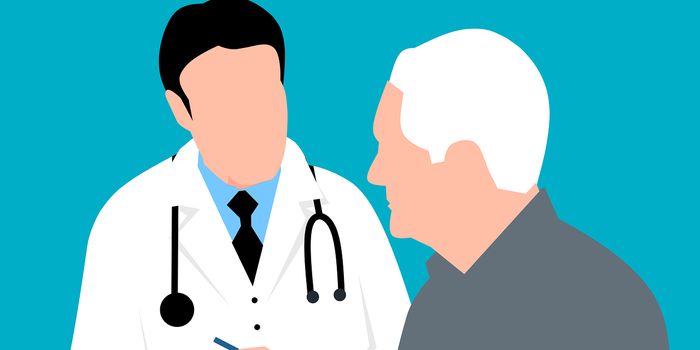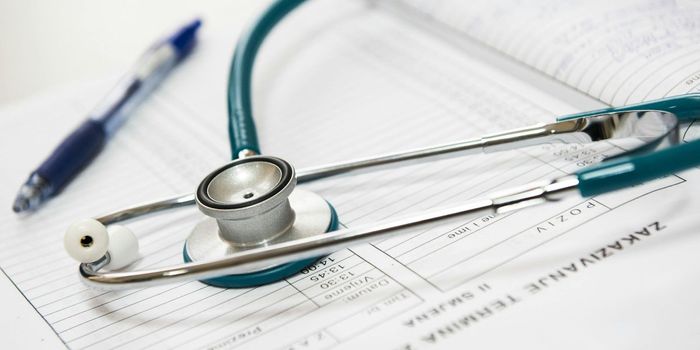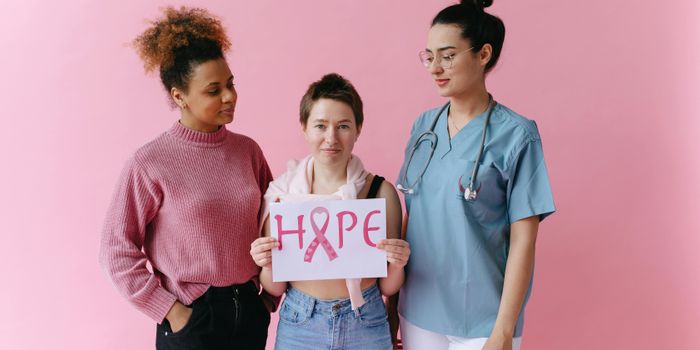The old adage goes: “Expect the best, prepare for the worst.” But when it comes to cancer, perhaps people shouldn’t prepare for the worst. In a
new study, researchers found that cancer patients who feared bad side effects and bad outcomes were subsequently more likely to experience more side effects. The researchers concluded that patients’ expectations directly influenced the treatment experience, which, in many cases, were not favorable.

To investigate how perceptions can influence a patient’s treatment experience, a team of German researchers followed a group of 111 female breast cancer patients. These women had already received surgery and were to start taking adjuvant hormone therapy with tamoxifen or aromatase inhibitors. The team probed the group before hormone treatment, then at three months, then again at two years.
Of the 111 women, a large portion (63 percent) reported high expectation of bad side effects. At the end of two years, this subgroup had lower adherence rate as compared to the subgroup with low expectations of side effects. This is important because adherence to taking medication could directly impact the progression of the cancer. Indeed, the team found that participants who had negative perceptions of their treatment and side effects had poorer health-related quality of life.
"Our results show that expectations constitute a clinically relevant factor that influences the long-term outcome of hormone therapy. Expectations can be modified so as to decrease the burden of long-term side-effects and optimize adherence to preventive anti-cancer treatments in breast cancer survivors," said Yvonne Nestoriuc, professor at the University Medical Centre, Hamburg, Germany, and senior author of the study.
Could it be that the medication really is behind the side effects and the negative perceptions? The team noted that this is unlikely since the women reported symptoms that couldn’t be attributed to the drugs. This included back pain, breathing difficulty, and dizziness. For Nestoriuc, this means the patients’ psychology was a big player in how well they felt.
"This substantiates the conclusion that psychological mechanisms such as negative expectations about the treatment play a significant role in the side-effects breast cancer patients experience," said Nestoriuc. "Higher negative expectations, formed by patients before the start of their adjuvant therapy, seem to have a pronounced influence on long-term tolerability, especially once they are confirmed by initially high side-effects after three months."
Doctors know that expectations genuinely influence clinical outcomes. This is why clinical trials often have placebo controls, so that researchers can tease apart the effect of the drug versus the effect of the patient’s perception of the drug. This study further underscores the importance of managing patients’ perceptions appropriately. In particular, it seems that counseling should be part of the standard care for these patients, especially if a positive outlook could go a long way in helping patients adhere to their drug regimen and have better outcomes.
Additional source:
MNT









